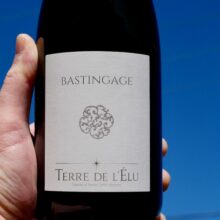
Product information
Terre de l’Elu Vin de France ‘Bastingage’ 2021
Chenin Blanc from Loire Valley, France, D'Anjou-Saumur, Anjou
$88
Description
Flow and shape here is excellent. A blend of 4 terroirs. Vinified separately. Seamless, rich textural wine with an acid cut and a little bitterness keeping it fresh.
Pear and fresh quince cooked to blush as on a cake. A lovely core of fruit. Delicacy playing with the richness. A little white flower hint of that marzipan and gentle silvery sweep of bitterness.
Fermented in 500L oak with a discrete positive influence from 10% new wood. Terre de l’Elu have been working carefully on the quality of the oak holdings.
A lovely mix of fruits. A little salinity. Complexity builds in the glass. The wine undergoes full malolactic fermentation. General the fruit has lower Malic due to the philosophical riper picking approach. All of this makes for a caressing mouthfeel.
In stock
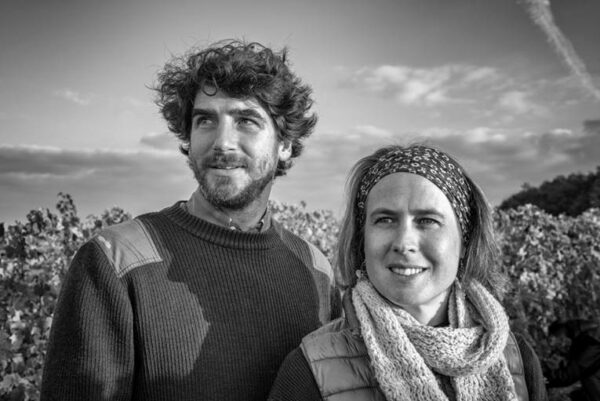


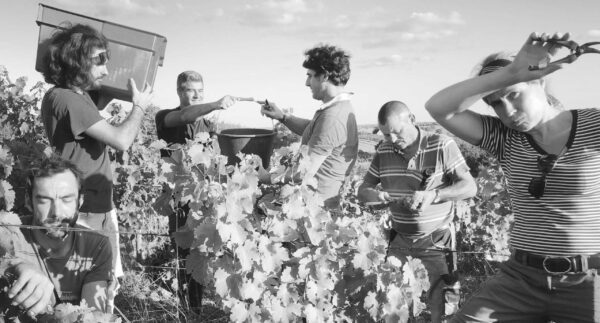










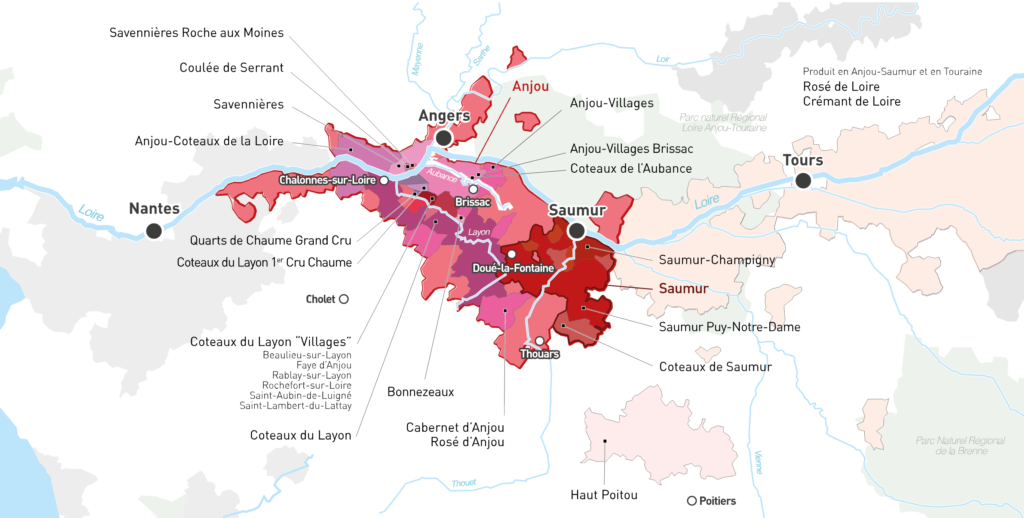
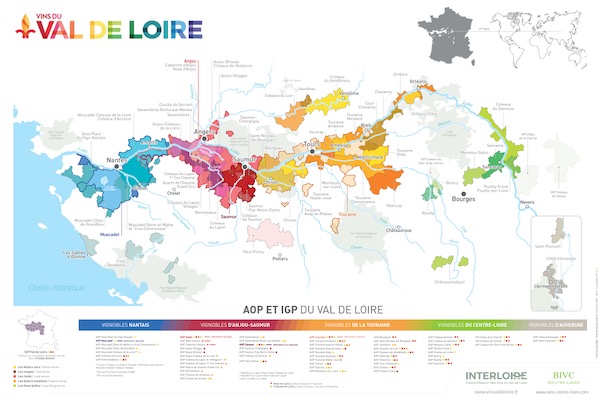
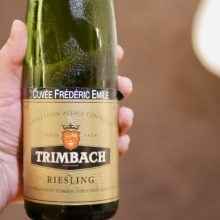
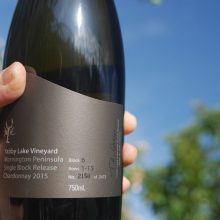

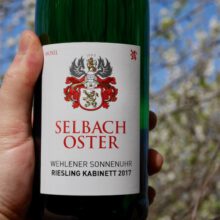
You must be logged in to post a comment.